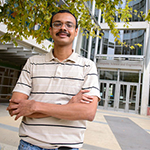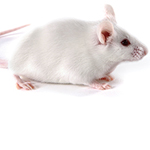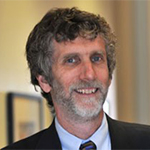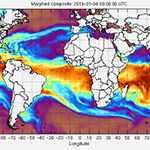UC San Diego Computer Science Professor Reaches Finals of Inaugural Online Teaching Prize
One of the largest online course platforms, edX, announced 11 finalists for its inaugural edX Prize for Exceptional Contributions in Online Teaching and Learning. They include UC San Diego computer scientist Ravi Ramamoorthi, who directs the Center for Visual Computing.
















